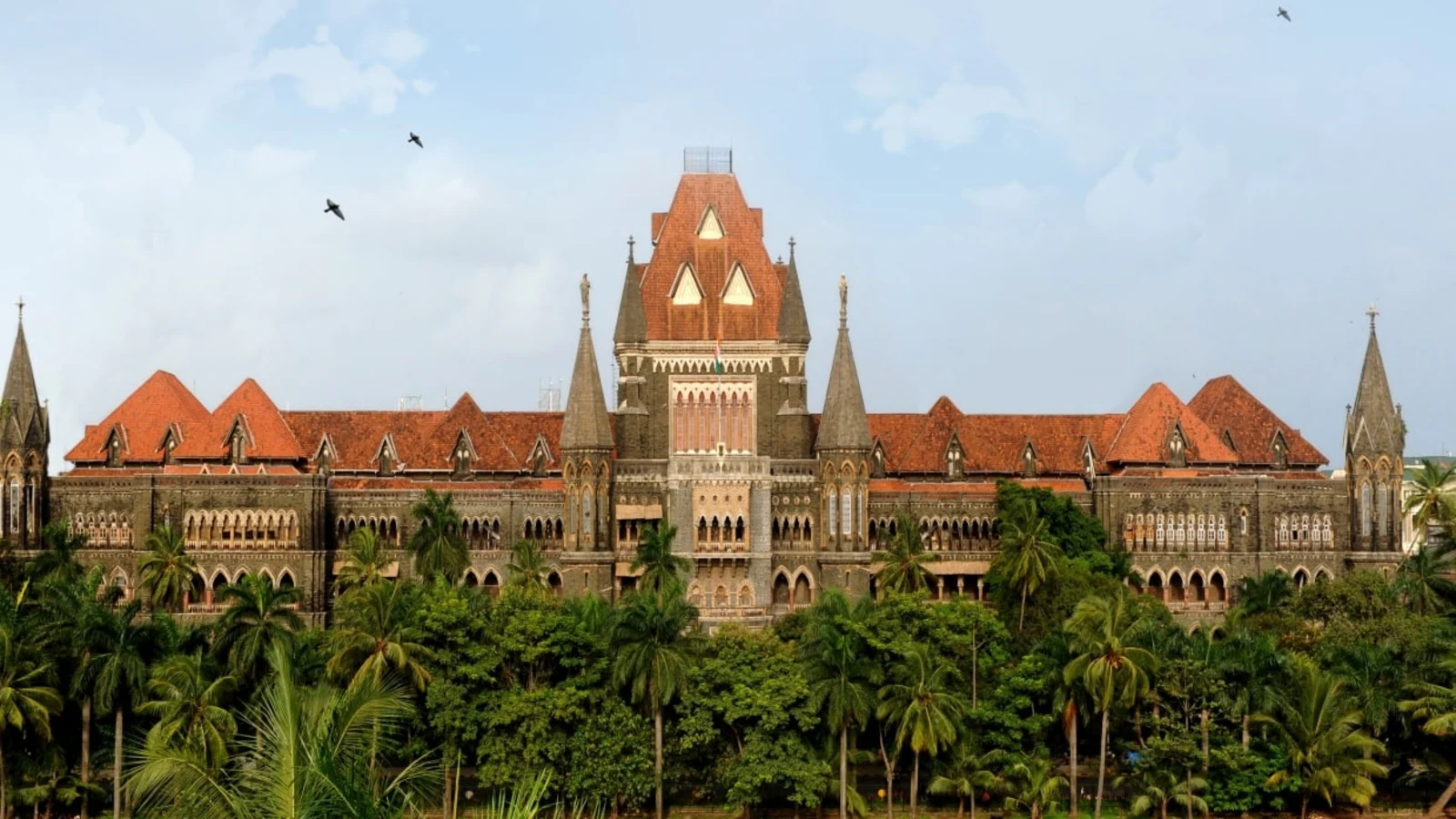Bombay HC Rules Minority Schools Exempt from RTE Act Quota; Maharashtra Govt Ordered to Reimburse Past Admissions

TCN News
New Delhi: The Bombay High Court’s Aurangabad bench has recently determined that minority educational institutions cannot enrol students under the 25% quota designated for economically and socially disadvantaged children as outlined in the Right of Children to Free and Compulsory Education Act, 2009 (RTE Act), even if they wish to do so voluntarily, Bar and Bench reported.
This ruling, issued in the case of Izak English Medium School and Anr v. State of Maharashtra, emphasized that permitting such admissions would violate the constitutional protections that exclude minority institutions from the RTE Act’s requirements.
The court stressed that permitting such admissions would violate the constitutional protections that shield minority institutions from the RTE Act's requirements.
The dispute involved Izak English Medium School in Ahmednagar and Anand Medical and Education Foundation, both operating minority-run English-medium schools. These institutions contested a government directive, linked to a circular issued on March 15, 2013, which explicitly excluded minority schools from the RTE Act’s 25% quota. They argued that they should be allowed to admit students under this quota voluntarily and sought reimbursement for students admitted under the quota in previous academic years.
The court, however, rejected these arguments, stating that minority institutions cannot opt into the RTE quota without breaching their constitutional rights.
In their judgment, Justices Mangesh S. Patil and Shailesh P. Brahme remarked, “Given that the constitutional bench of the Supreme Court has deemed the RTE Act ultra vires Article 30(1) of the Constitution, this Court, under Article 226, cannot permit minority institutions like the petitioners to subject themselves to the RTE Act's provisions. Even if the minority institutions are willing to admit students under the RTE quota, doing so would necessitate applying the RTE Act to them, which is prohibited by the Supreme Court's ruling in the Pramati Educational and Cultural Trust case.”
The court’s decision was grounded in Section 1(5) of the RTE Act, which specifically exempts minority institutions from its provisions.
Furthermore, the Bench cited the Supreme Court's ruling in the Pramati Educational and Cultural Trust case, which determined that extending the RTE Act to minority institutions would be “ultra vires” Article 30(1) of the Constitution, which guarantees minorities the right to establish and manage their own educational institutions.
The petitioners also challenged the validity of certain RTE Act provisions and the 2011 Rules framed under it, arguing that these violated their constitutional rights under Articles 14, 19(1), and 30. However, the court dismissed these claims, ruling that the petitioners could not contest the validity of the RTE Act or the Rules.
Dismissing the petitions, the court acknowledged that Izak English Medium School had previously admitted students under the RTE quota but had not received reimbursement for the academic years 2017-18 to 2019-20. The court directed the government to “undertake scrutiny of the claim” and to reimburse the school within six weeks.
